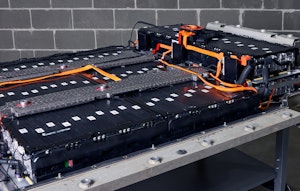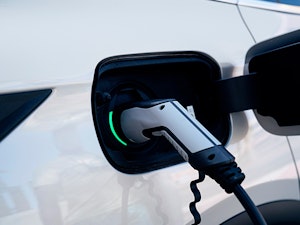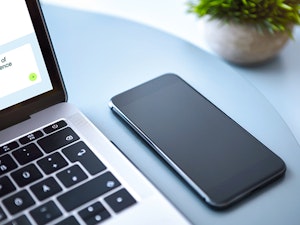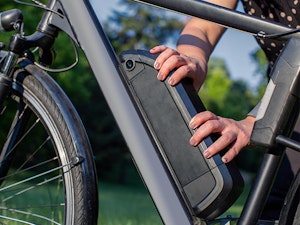
Recycle your batteries
Our lithium-ion battery recycling solution
Our turnkey lithium-ion battery recycling program really makes your life easier.
Are you a car dealer, recycler, fleet manager, or energy storage manager looking to dispose of your lithium-ion batteries? Collection, secure transport, and processing – Lithion takes care of everything.
Solution that pays-off
Did you know that being sustainable could pay off? That’s right, you could get paid to recycle your lithium-ion batteries! Send us an online request, and our customer service department will contact you with an offer.
Easy process
Your time is precious, so we made sure you could open your online account with just a few clicks. Once registered, you’ll have access to a dedicated portal to make quote requests simple and fast.
Fast collection
Storing end-of-life EV batteries poses a risk to your facilities. Fret not! Our qualified partners will collect your lithium-ion batteries quickly so you can free up valuable space and keep your premises safe.
Safe management
Managing end-of-life lithium-ion batteries is complex. With Lithion, your mind will be at rest as certified end-of-life battery management experts will support you every step of the way.
How it works
Our web portal allows you to submit a battery recycling request in just a few click and quickly receive a quote from our team.
Submit a request
01Get an offer
02Free up your space (it could pay off!)
03Accepted battery types
Our lithium-ion battery recycling program only accept certain types of batteries. Check the list below to see if yours qualifies.
We do not accept lead-acid batteries from internal combustion engines or nickel-cadmium batteries.


